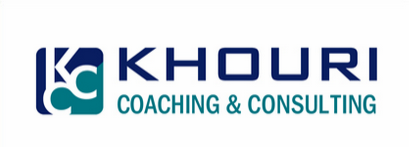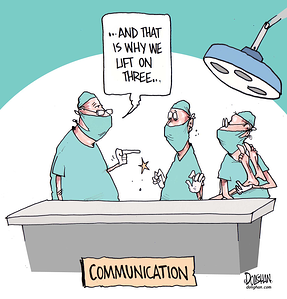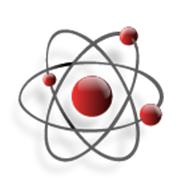We can learn a few things from the leaders of the Massachusetts Water Resource Authority (MWRA) -- communicate, set expectations, be visible, say thank you, and focus.
For those that are not in the Boston area, on Saturday there was a water pipe failure in Weston, MA which resulted in an interruption in water service and a boil water order issued for drinking water for 30 communities in the Boston area. Here are a few ideas that the MWRA did well in handling this crisis.
Communicate
The MWRA got the word out early and quickly. I first heard about it on Facebook, then read the press release online, and saw the news report later that evening. In downtown Boston, the police canvassed the neighborhoods with large bullhorns to get the message across. They were also very clear about various uses of the water (okay for bathing, not okay for drinking, brushing your teeth, washing dishes). We knew exactly what we should do and what we shouldn't do.
Set Expectations
Very early in the process, I heard MWRA officials explain that there was a three-stage process to correct the problem -- secure the leak with concrete casing, test to ensure the pipe can handle the water flow, and finally test the quality of the drinking water. Throughout the process, the officials explained where they were in that process. They also explained that this three-step process could take several days to resolve. In general, people saw it as a minor inconvenience. If MWRA had communicated that it would be resolved in 24 hours and then taken two days, I think people would have been less understanding.
Be Visible
There was at least one press conference led by the MWRA Executive Director, and several by Governor Patrick keeping the communities informed of the status of the repairs and reminding people about the water boiling requirements.
Say Thank You
During the press conference on Monday morning (24 hours before the boil water order was lifted), the Executive Director thanked his team for their tireless effort to resolve the problem. This came across in a very sincere and appreciative way. It is always important to thank your team for their commitment and for good work.
Focus
From what I can tell, resolving this problem in less than three days was a project that required laser focus. The team worked around the clock until the pipe was repaired. Remember, we are most productive when we focus on one project. During a crisis, we naturally clear our head of all the other distractions and focus on the task at hand. The trick is to do that in the absence of crisis.
Don's Coaching Questions:
-
What can you thank your team for now?
-
How good are you at setting expectations?
-
What are you working on right now that requires your focus?



 r, communicating with all of those people around him / her, and must provide the right information to the right people in the right format for it to be effective. Too much and too little information is not appropriate.
r, communicating with all of those people around him / her, and must provide the right information to the right people in the right format for it to be effective. Too much and too little information is not appropriate.